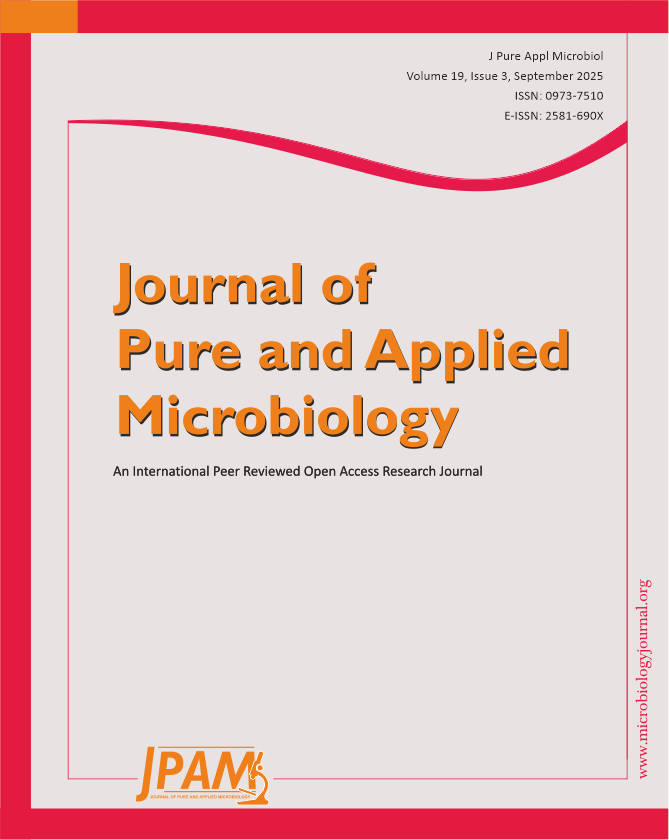Zinc (Zn) is a vital element for the growth of plants. However, soils often suffer from its deficiency, which adversely affects crops. Zn supplementation using chemical fertilizers is ineffective and negatively affects the environment. Zn is converted from an insoluble state to a soluble state by ZSB which improves the absorption of Zn by plants and promotes overall plant health. Integrating these microbes into agricultural practices through seed inoculation, soil amendment, and foliar sprays offers a sustainable solution to Zn deficiency, promoting healthier crops and contributing to food security. Field trials provide empirical evidence of the extent to which Zinc Solubilizing Bacteria enhances both the quality and quantity of the crops. ZSB into agricultural practices can improve agricultural land productivity, also food security, and promote environmentally sustainable farming practices. This review examines the potential of zinc solubilizing bacteria as an effective alternative for enhancing plant growth and increasing the availability of Zn.
Brassica juncea L., Biostimulants, Zinc Solubilizing Bacteria, Sustainable Agriculture
© The Author(s) 2025. Open Access. This article is distributed under the terms of the Creative Commons Attribution 4.0 International License which permits unrestricted use, sharing, distribution, and reproduction in any medium, provided you give appropriate credit to the original author(s) and the source, provide a link to the Creative Commons license, and indicate if changes were made.


